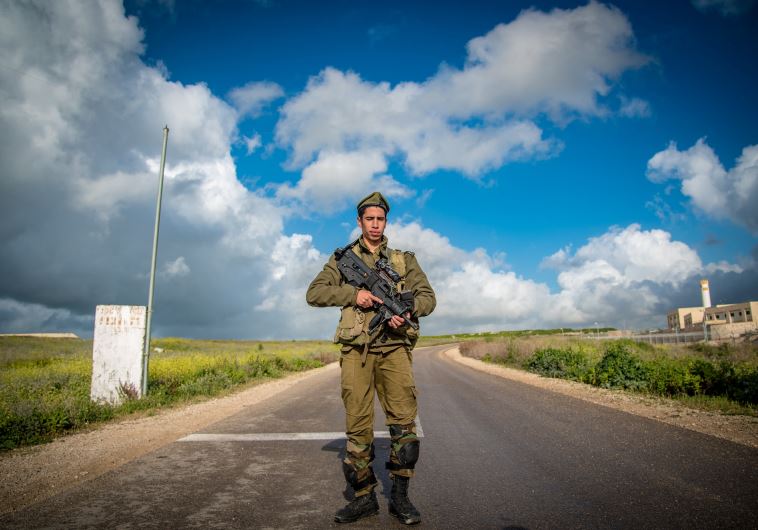Breaking the Silence fights for survival to keep sources secret
For around 11 years, the NGO has delivered anonymous testimonies from soldiers on alleged IDF abuses during conflict with the Palestinians.
 An IDF soldier from the Golani Brigade trains in northern Israel(photo credit: IDF SPOKESPERSON'S UNIT)Updated:
An IDF soldier from the Golani Brigade trains in northern Israel(photo credit: IDF SPOKESPERSON'S UNIT)Updated: